This is the post I created for the guys who attended the “Social Media and EMS” workshop at the Irish EMS Gathering in May 2013. Hopefully something from the 2.5 hrs stuck in your brains so that you’re not seeing all this as entirely new material.
Firstly we got everyone to join Twitter. You can do this via the website or via an app on your computer or phone. For interest sake I use TweetDeck through Chrome on my computer and use Twittelator Pro on my iPhone.
I suggested that when you join twitter you should put a little of biographical information about yourself. People are more likely to interact with you if they know something about you. There are a lot of fake, spam Twitter accounts and having some info on someone helps people to trust you.
I suggest having a profile picture as well rather than the default, anonymous egg.
Follow People
When you get started I suggest you follow a few key people to start with. Here’s 5 to get you started:
The more interact, post and reply to people, the better your twitter experience will be. We don’t bite honestly, we loved being asked questions on Twitter.
Follow Lists
You can also follow lists, either other peoples or your own that you create. This is a good way to ensure that you’re spending your time well on Twitter. If you make a list of people who consistently tweet high value info then you’ll not be bored by dross about people’s dinner…
Here’s a list I have of “medical tweeters”
Follow Hashtags
Hashtags [words beginning with the ‘#’ symbol] are good ways to join conversations together. My favourite hashtag is #FOAMed, this is a consistent conversation about FOAM resources. You can type #FOAMed into the twitter website or onto your twitter app to find it.
NB, on a mac the # symbol is produced by pressing the ‘option/alt’ key and ‘3’ together.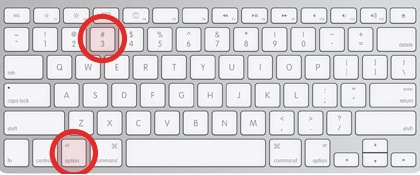
If you want more twitter basics then check out momthisishowtwitterworks.com
Podcasts
I think the key is to get your podcasts on your smartphone. That way wherever you are yo can listen to them. It’s much more important to have them on your phone your computer in that sense.
The basic ‘podcasts‘ app from apple on the iphone is a reasonable place to start.
Once downloaded, start the app and click the ‘store’ button.
Once you’re in the store, search for whatever it is you’re interested in.
Once you find a podcast you want to subscribe too, just click on the subscribe button. Every time a new podcast is released it should download automatically to your phone.
LITFL have a great list of podcasts and a searchable database too, if you need to find more.
Feed Reader
Most of the FOAM websites produce new material on a regular basis. To save you having to visit the site to check if new amterial has been released, you can use something called a feed reader that will collect all the new material from all your favourite websites in one place. I used to recommend Google Reader but it’s shutting down in July 2013 and I’m now suggesting feedly as a good alternative.
Once you’ve added feedly to your internet browser or downloaded the app to your phone or tablet then you can add the websites you’re interested by either clicking on the RSS symbol on the website
or copying and pasting the website URL into the search box
The mobile app is kept in sync with your computer and is set out in a similar easy to use way.
If you’re looking for one place to look for all the best in FOAM then check out Kane Guthrie’s LITFL review.
Blogs
So say you’re keen to start putting out your own FOAM material, then starting a blog is a good way to start. Here’s the website we set up at the workshop in 15 minutes.
This is what the ‘dashboard’; the construction site of the website looks like.
This is all free and easy to do via wordpress.
Google Plus
We only mentioned this briefly but I said I thought it was a brilliant platform for FOAMed but unfortunately under utilised. Its best features are probable communities [check out ECG+ and the EMCrit community] and the google hangouts. Here’s a nice example of google hangouts being used to stream a conference live.
Or here as a conversation between experts discussing some medical papers. Saves all the hassle (but not quite as much fun) of actually meeting up.
Screencasts
Due to technical issues we couldn’t quite pull this off live at the workshop but a screencast is typically a recording of what’s on your screen with a voice over. It’s a great way to share a lecture you’ve prepared with lots of other people. Once the video file is made you can upload it to YouTube, Vimeo or even better GMEP for other people to see.
Screenr.com let you record screencasts without having to download a separate app but I do a fair bit of this so I use one called screenflow.
As an example here’s a screencast of the talk I gave at the conference.
Lastly the app I used for displaying my iPhone screen was one called Reflector which is $12 but a really, really well put together app that lots of people recommended but I first found via Haney Mallemat and my brother the software developer.
UPDATE: Michelle Lin has just published a nice piece here outlining some social media basics. There’s a video to go with it too
httpv://vimeo.com/66504245
UPDATE 2:
For those interested in EMS specific FOAM then here’s some useful sites [H/T to @amboFOAM for some of these]
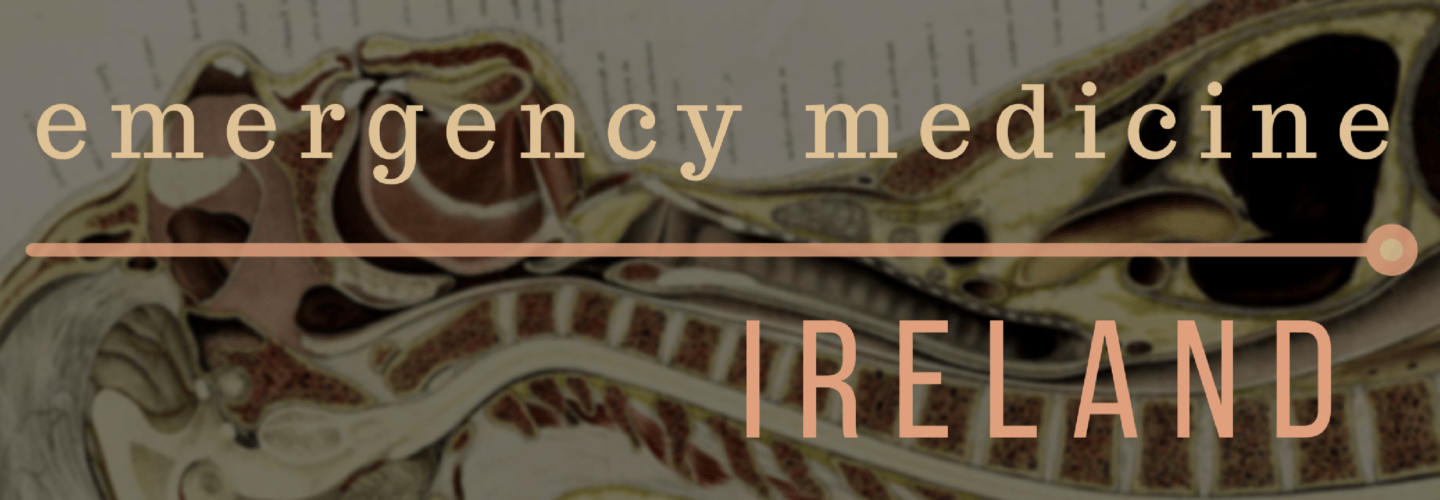

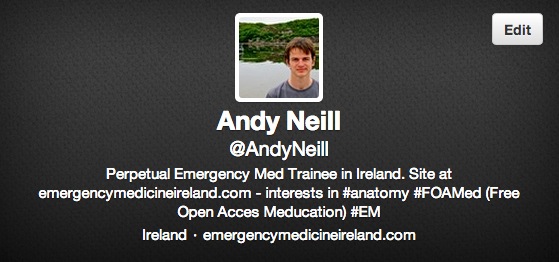

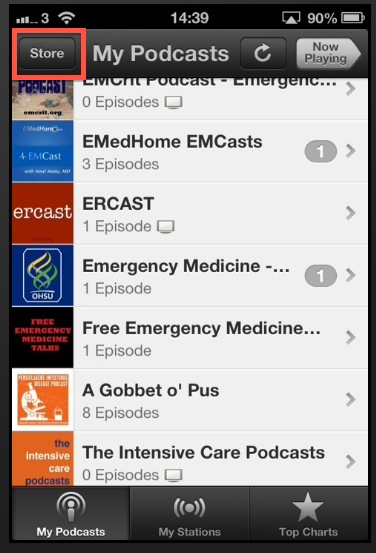
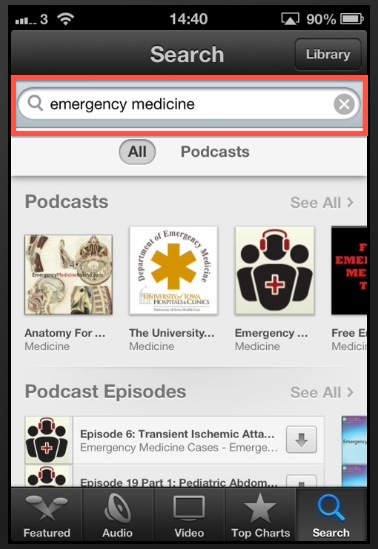
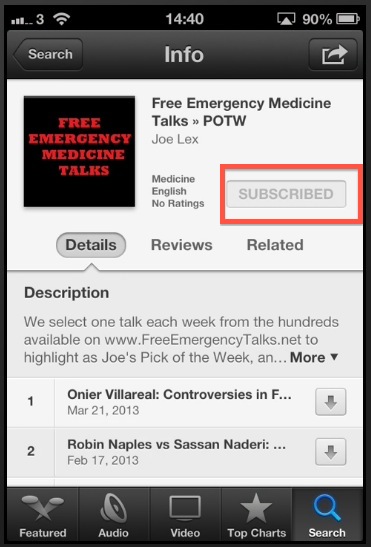


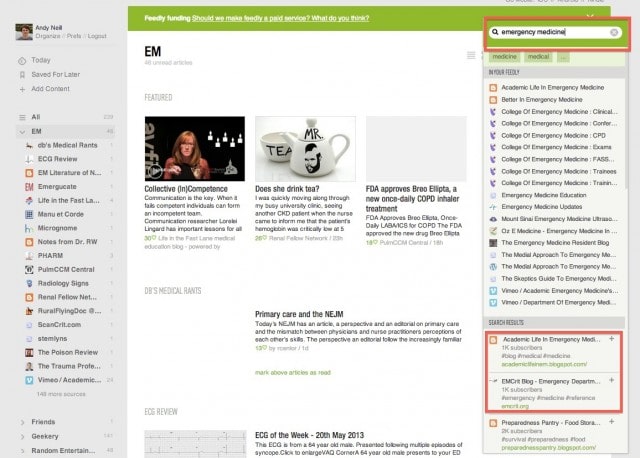

Pingback: Quality Care, Out There - KI Doc
Pingback: Severn Deanery 2014 Social Media Workshop - Emergency Medicine Ireland
Pingback: The LITFL Review 104 - LITFL